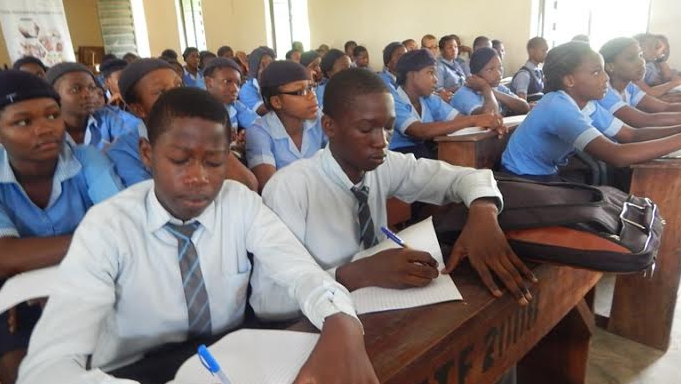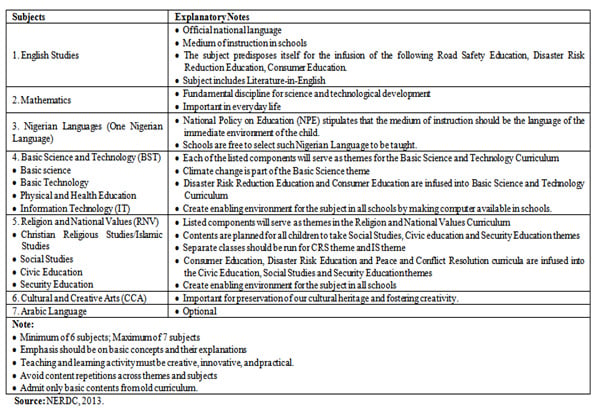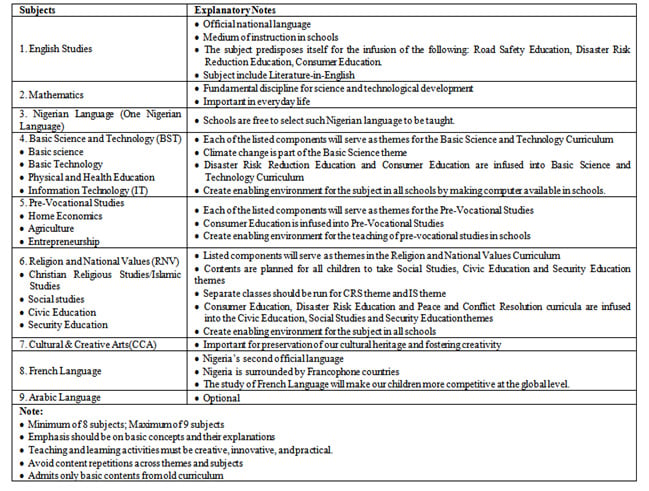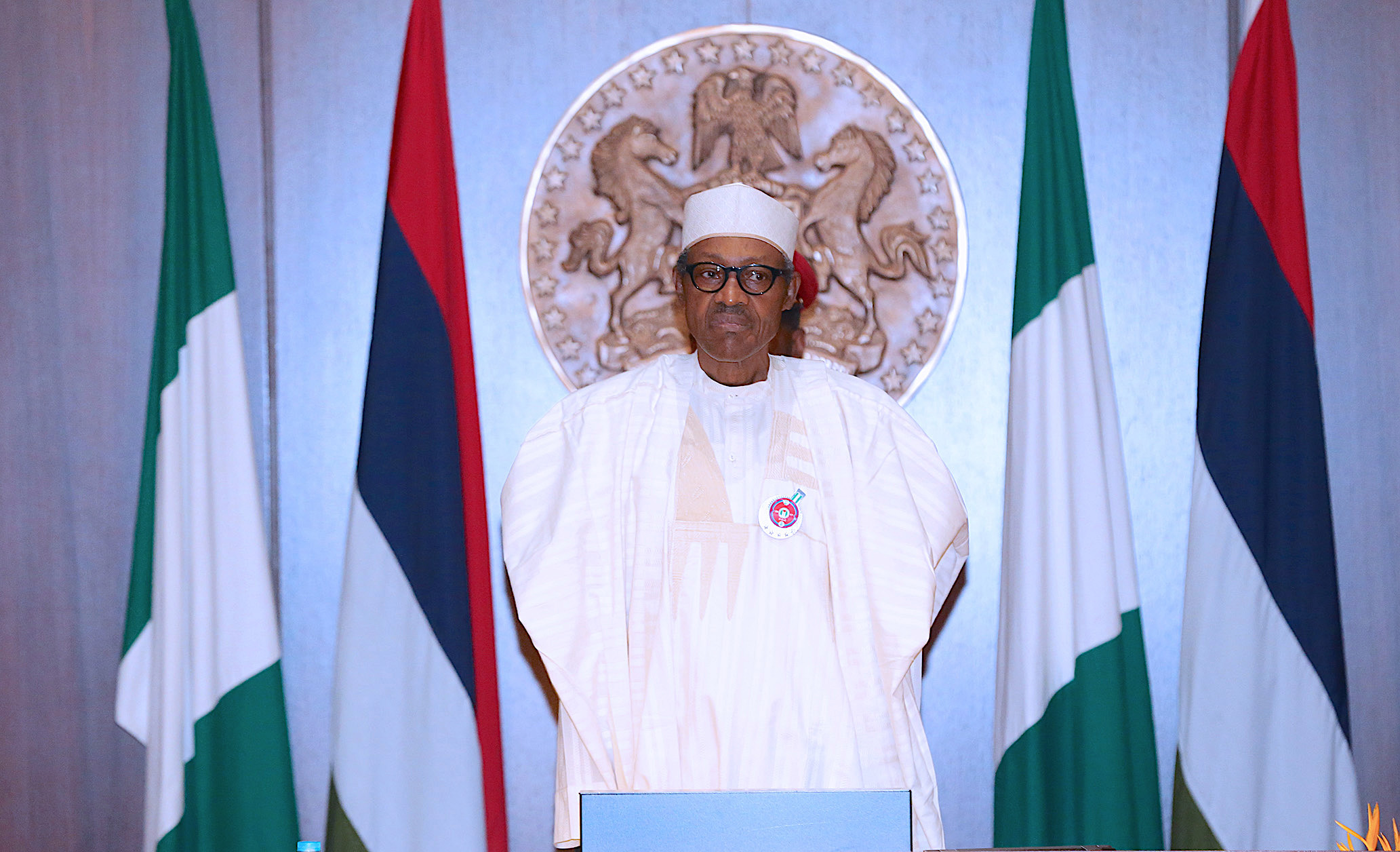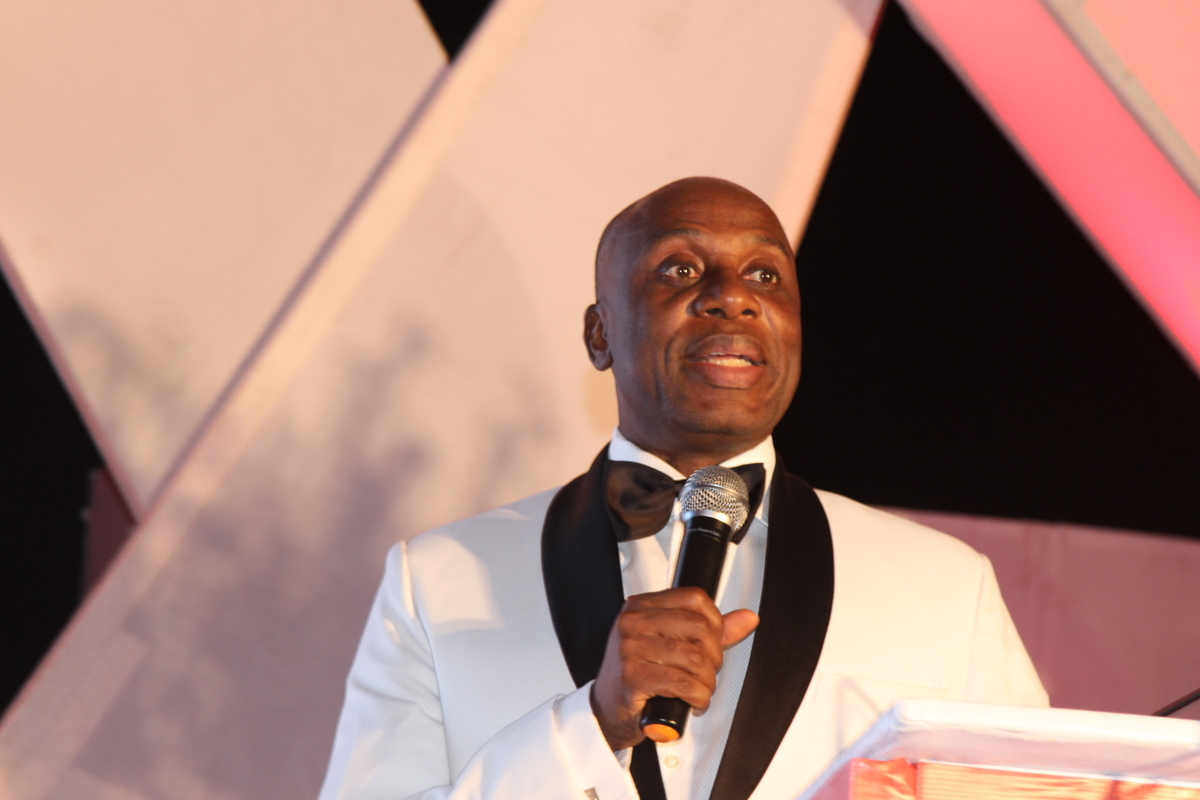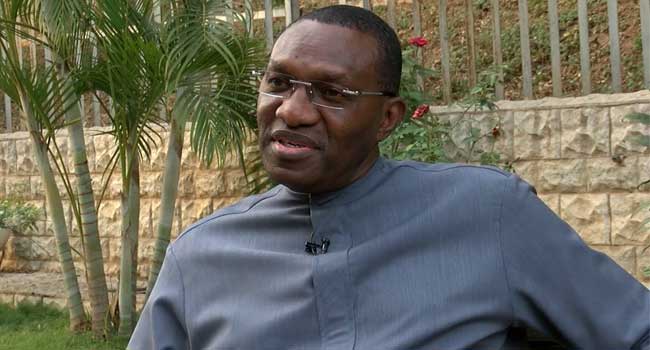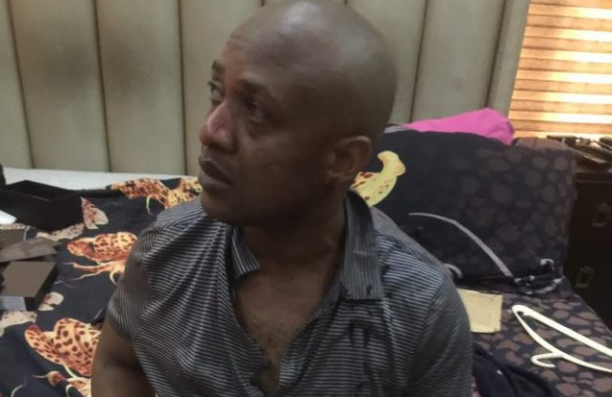An illustrative photo of secondary school students learning in class.
Christian leaders have met with the Acting President and complained about Nigeria’s education curriculum, which they argue discriminates against Christians.
The syllabus in contention — the revised 9-year Basic Education Curriculum (BEC) — was revised in 2012 and went into implementation in September 2014.
In this revision, Christian Religious Studies/Islamic Studies, Social Studies, Civic Education, and Security Education were merged into one BEC subject called Religion and National Values.
From the new curriculum, Christian leaders in Nigeria argue that primary and secondary school students would have to choose between Arabic, which is a stand-alone subject, and French. Christian leaders seem to have made this assumption in their argument: all other subjects in the curriculum are extremely important, thus, a student’s choice will ultimately come to selecting between French and Arabic (See Tables 1 and 2 and their footnotes for details).
Advertisement
Table 1: Curriculum for Primary 1 to 3
Table 2: Curriculum for Primary 4 to 6
The Nigerian Educational Research and Development Council (NERDC) believes that new curriculum would help in nurturing well-grounded youths, who will be able to compete in the 21st century. This is correct. But NERDC seems not to have thought about other issues this curriculum could raise.
Advertisement
For example, Christian leaders believe that the structure of the curriculum would leave most students with the only option of taking Arabic, since there is a paucity of qualified French teachers in public school. The leaders gave an example of how a student was beaten in Kwara State because he refused to study Arabic despite the fact that there were no French teachers in his school.
There is actually a problem with teaching French in Nigerian public schools. A recent study published in the journal of Advanced Research in Public Policy, Social Development and Enterprise Studies reports that there is a massive shortage of qualified French teachers in Nigeria. It reports that teachers who have degrees in French Education could not even speak the language.
Actually, Arabic, just like French, is a language that could be studied in a school. But because the bulk of students who take Arabic are Muslims and Arabic is closely linked to Islam, the Christian leaders argue that an undue advantage were given to Muslims in the new curriculum.
Unfortunately, the new curriculum is deficient in many ways.
Advertisement
One, it fails to sufficiently address the exclusion of history in school curriculum in Nigeria. Sadly, the recent avalanche of hate speeches could be traced to a generation of people who have no knowledge of history, especially the suffering during the civil war of the 60s.
Two, it failed to back some newly introduced subjects, such as Security Education, with a training plan. Where are the teachers to teach topics on security to our secondary and primary school students? Which University is Security Education studied, today?
Three, French language should not even be an elective subject in the first place. It should be a compulsory one. Nigeria is surrounded by French-speaking countries and the success of Nigerian businesses depend on how well Nigerians interact with their neighbors. Most Nigerians, who have attended conferences in the sub-region, would attest that not being able to speak French is a disadvantage. On the other hand, many citizens of French-speaking countries, who are educated, can speak English.
Four, Nigeria needs an education system that would manage its diversity. Religious studies ought to be optional courses. Nobody should be compelled to study any religious course. The idea of merging Islamic Studies and Christian Religious studies into one subject could mean forcing someone who intends to study Islamic Studies to study Christian Religious Studies concurrently.
Advertisement
Five, subjects like entrepreneurship were not emphasized as much as it should have been. Since government and the organized private sector can no longer provide enough jobs for its citizens, a new educational system should have entrepreneurship as its focal point.
Six, schools should connect to their immediate communities. Curriculums should be able to respond to the local needs of communities. The idea that a universal curriculum can only come from Abuja should be discarded. A state government, which wants to focus on agriculture, should have the right the make it compulsory for its primary and secondary school students.
Advertisement
Unless we rejig our educational policies, many problems we face today will not go away.
Advertisement
Add a comment

